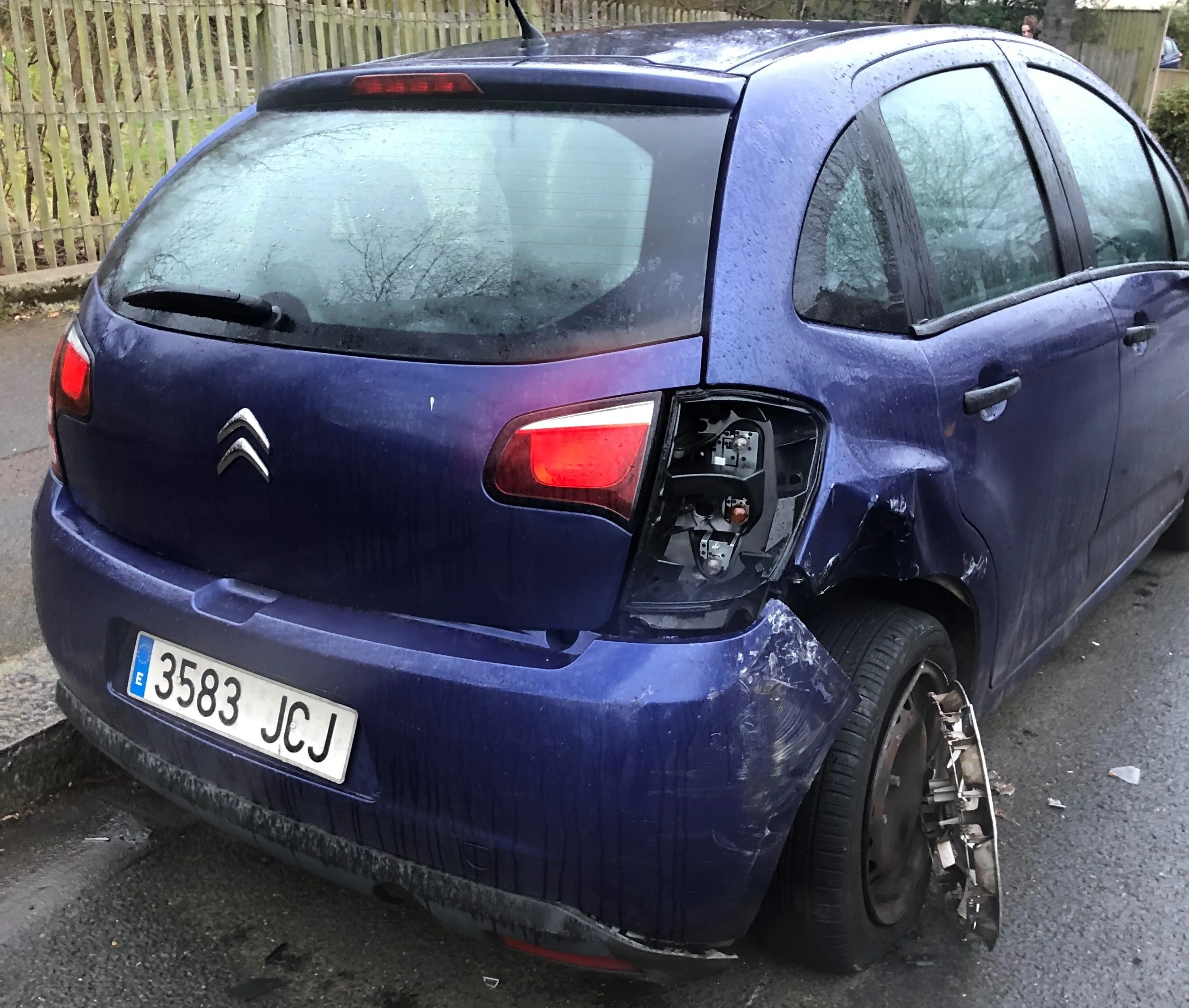England’s motorway network is not safe enough to have the speed limit raised to 80mph, according to a new report from the Road Safety Foundation (RSF). Titled ‘Unfit for 80’, the report says poorly-maintained and inadequate roadside protection and the rapidly rising risk of shunt crashes from the sheer volume of traffic using England’s motorways are key factors of safety concern. The RSF document has been published while the Government continues to consider a review of the motorway speed limit. Last autumn,
May 11, 2012
Read time: 3 mins
England’s motorway network is not safe enough to have the speed limit raised to 80mph, according to a new report from the 3375 Road Safety Foundation (RSF).
Titled ‘Unfit for 80’, the report says poorly-maintained and inadequate roadside protection and the rapidly rising risk of shunt crashes from the sheer volume of traffic using England’s motorways are key factors of safety concern.
The RSF document has been published while the Government continues to consider a review of the motorway speed limit. Last autumn, Philip Hammond, then Secretary of State for Transport, said it was the Government’s desire to “make sure that our motorway speed limit reflects the reality of modern vehicles and driving conditions, not those of 50 years ago”. He also stressed the need to consider the “huge economic benefits that can be created by shortening journey times”, and promised formal proposals.
Motorways do not provide enough protection to drivers and car occupants to consider raising the speed limit, according to the RSF’s research. It claims there are widespread faults in run-off protection which are doubling the rate of death and serious injury where there is missing protection. It also argues that shunt crashes increase exponentially with increased traffic flow, yet only a handful of motorway sections like the M25 and M42 have the electronic controls with hazard warning and variable speed limits that are needed to manage the intense traffic flows common across England’s motorways.
RSF director, Dr Joanne Marden, who oversaw the new report, said: “The vehicle fleet has become safer in the last decade through better crash protection. At motorway speeds, the car alone cannot protect the human body. The car has to work with the motorway’s protection systems such as safety fencing to absorb high speed crash energies. In the next decade, the greatest potential for reducing deaths is on higher-speed roads outside built-up areas. This will be delivered through crash avoidance technology and road engineering catching up to complement improved vehicle crash protection.”
In its conclusion, the RSF report states: “Drivers who want to are already travelling at 80mph when they can. Economic benefits only arise if ‘80 means 90’ and opinion surveys show no public support for that. However, large economic benefits arise from fixing the motorways systematically rather than raising the speed limit. If 80mph is to be trialled, it must be on controlled motorways such as sections of the M25 and M42, because England’s busy motorways cannot cope with 80mph without enforcement and the ability to lower speeds at busy times, bad weather, congestion and other hazards like spilt loads and crashes ahead.”
Titled ‘Unfit for 80’, the report says poorly-maintained and inadequate roadside protection and the rapidly rising risk of shunt crashes from the sheer volume of traffic using England’s motorways are key factors of safety concern.
The RSF document has been published while the Government continues to consider a review of the motorway speed limit. Last autumn, Philip Hammond, then Secretary of State for Transport, said it was the Government’s desire to “make sure that our motorway speed limit reflects the reality of modern vehicles and driving conditions, not those of 50 years ago”. He also stressed the need to consider the “huge economic benefits that can be created by shortening journey times”, and promised formal proposals.
Motorways do not provide enough protection to drivers and car occupants to consider raising the speed limit, according to the RSF’s research. It claims there are widespread faults in run-off protection which are doubling the rate of death and serious injury where there is missing protection. It also argues that shunt crashes increase exponentially with increased traffic flow, yet only a handful of motorway sections like the M25 and M42 have the electronic controls with hazard warning and variable speed limits that are needed to manage the intense traffic flows common across England’s motorways.
RSF director, Dr Joanne Marden, who oversaw the new report, said: “The vehicle fleet has become safer in the last decade through better crash protection. At motorway speeds, the car alone cannot protect the human body. The car has to work with the motorway’s protection systems such as safety fencing to absorb high speed crash energies. In the next decade, the greatest potential for reducing deaths is on higher-speed roads outside built-up areas. This will be delivered through crash avoidance technology and road engineering catching up to complement improved vehicle crash protection.”
In its conclusion, the RSF report states: “Drivers who want to are already travelling at 80mph when they can. Economic benefits only arise if ‘80 means 90’ and opinion surveys show no public support for that. However, large economic benefits arise from fixing the motorways systematically rather than raising the speed limit. If 80mph is to be trialled, it must be on controlled motorways such as sections of the M25 and M42, because England’s busy motorways cannot cope with 80mph without enforcement and the ability to lower speeds at busy times, bad weather, congestion and other hazards like spilt loads and crashes ahead.”







